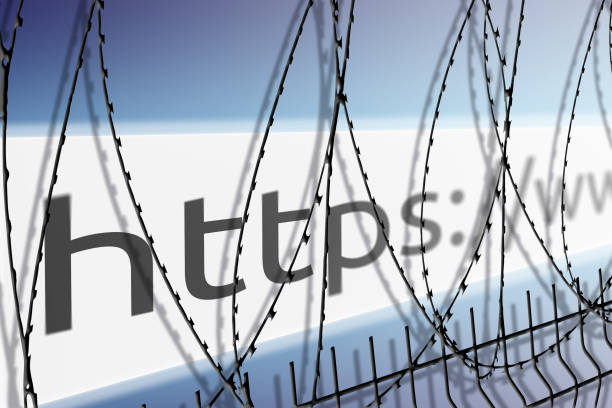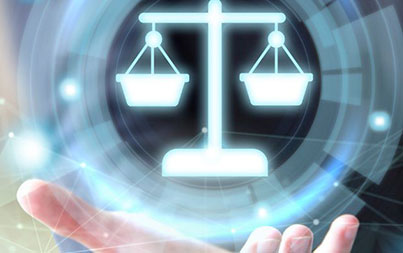
The far-reaching effects of whatsoever one may propagate through the internet is not surprising. Therefore, there’s been an endless debate regarding the regulation of content that is posted on the worldwide web.
India has granted its citizens, a fundamental right to free speech and expression through Article 19 (1) (a) of the Constitution of India. However, this right is regulated through the reasonable restrictions that have been imposed to maintain the standards of public morality and peace, amongst other factors.
In the past, it was difficult to voice your opinions to a larger audience and newspapers or magazines and other forms of media were your only source to effectively ensure that your voice is heard.
Recognizing the issues at hand, there have been enactments of laws to regulate content over the internet. The IT Rules, 2021 have already prohibited publication of material online that infringes upon intellectual property of another individual. This has been seriously adopted by the intermediaries as well who take guarded steps to forbid such activities.
Further, to obstruct the dissemination of fake information, the MeitY has recently notified amendments to the IT Rules, 2021. Per the latest amendments, the intermediaries would now be expected to not allow publication of false news or take down content that is false, complying with the fundamental rights enshrined in the Constitution of India.
It is tough to predict what the future holds regarding the use of internet – whether it would be for the ultimate good or for the bad. However, it is certain that laws are being enacted to ensure that the internet is used as a platform for voicing opinions in a manner that does not infringe upon anyone’s rights or hurt general public’s sentiments.










